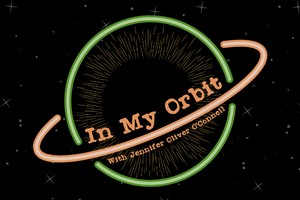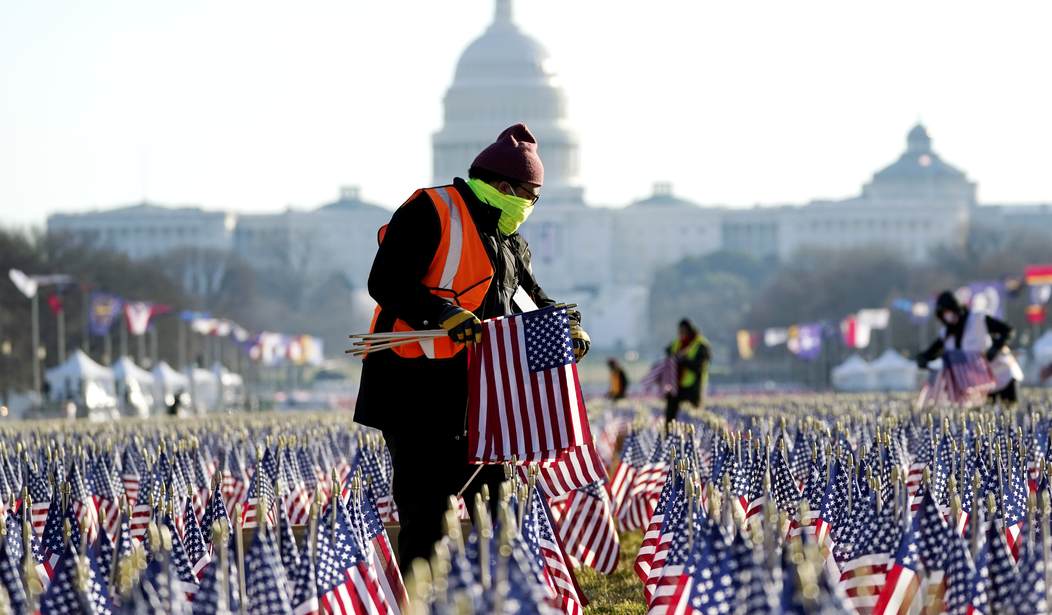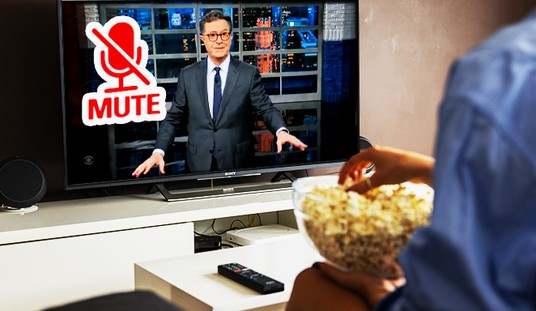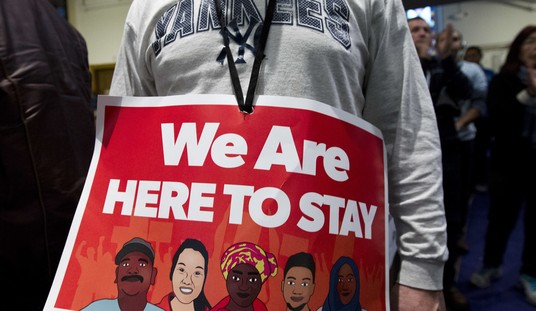
We are hearing this a lot today: Freedom isn’t free. I believe this past year has placed this phrase in stark relief, which is why this Memorial Day is so much more poignant.
Honoring our heroes and remembering those who made the ultimate sacrifice. pic.twitter.com/tFcxrwSU9T
— House Republicans (@HouseGOP) May 31, 2021
While I have lost many loved ones, and have family members who have served, none have died in the heat of battle or given their life for their country. But I still honor and remember those who have, because they died for my freedom and the freedom for all Americans.
Memorial Day was originally known as Decoration Day. It was first commemorated on May 1, 1865, when freed slaves gathered in Charleston, South Carolina to honor the deaths of Union soldiers and the end of the Civil War. In 1868, General John Logan issued a special order that May 30 of each year be observed as Decoration Day. After World War I, Memorial Day, commemorated on the last Monday in May, became a way to honor all service men and women of the United States Armed Forces who died in the service of their country.
It is an honorable thing to defend and die for someone or something that you love. Somehow, in our push to “save one life” (unless they’re unborn—talk about disconnect), we have diminished the power of that sacrifice.
“Greater love has no one than this, that one lay down his life for his friends.”— John 15:12-13
My pastor yesterday weaved a beautiful sermon on “Honoring our Warriors,” and he unveiled the correlation between our warriors who died for our freedoms and Christ’s sacrifice.
These particular points of his sermon stuck in my mind:
- Laying down one’s life for others is worthy of honor. God wants us to honor those who avenge evil.
“Pay everyone what you owe him: taxes to whom taxes are due, revenue to whom revenue is due, respect to whom respect is due, honor to whom honor is due.” — Roman’s 13:7
- We know what real love is because Jesus gave up his life for us.
“So we also ought to give up our lives for our brothers and sisters.” — 1 John 3:16
- Some mistakenly confuse honoring warriors with honoring war – but it’s not the same thing. Sometimes peacemaking and peacekeeping involves war. War is not the goal – peace is – and war may be the means.
But we have been seduced by the United Nations’ false premise of diplomacy as the only means to achieve peace, when sometimes the only way to achieve peace is to wage war.
“I am in favor of peace; but when I speak, they want war.” — Psalm 120:7
❤️ May we never forget 🤍 freedom isn’t free. 💙 #MemorialDay pic.twitter.com/sTN4mcYH90
— Amber Elkins ✨ (@ItsMeAmber_E) May 31, 2021
The scripture the U.N. has emblazoned on a sculpture that graces their entrance is wholly out of context.
“They will beat their swords into plowshares
and their spears into pruning hooks.
Nation will no longer take up the sword against nation,
nor train anymore for war.”
This can only happen 1) after the last great battle (Armageddon), and 2) it is an end product of God himself judging the nations, not the nations judging themselves or others. Until we get to this point, the specter of war will always be a part of our world, and the warriors who fight and die for us will always need to be remembered and honored.
We are a country in the throes of extremes, and lacking nuance. The political class on both sides capitalizes on this: you’re a patriot if you do “X” and you are not a patriot if you do “Y”. Many feel the only way to honor the fallen is to destroy the military, eradicate conflicts, it goes on, and on. The more noise that is made, the more the key message gets tuned out: Our fallen warriors made the ultimate sacrifice, and that sacrifice is worthy of honor absent of polarization and politicization.
Freedom and “safety” always impose risk, and our fallen men and women are the ones who took on those risks so we didn’t have to. That is worthy of honor and acknowledgment, whether you are an activist, pacifist, or diplomat. Where we fail is to make the mistake of thinking the goal of peace is safety at all costs.
As Abraham Lincoln said in the Gettysburg Address:
“But in a larger sense we can not dedicate—we can not consecrate—we can not hallow this ground.
The brave men, living and dead, who struggled here, have consecrated it far above our poor power to add or detract.
The world will little note, nor long remember, what we say here, but can never forget what they did here. It is for us, the living, rather to be dedicated here to the unfinished work which they have, thus far, so nobly carried on.”
Freedom is always an unfinished work, and when we forget this, we dishonor the sacrifice made by our fallen warriors to maintain it. This is the quickest route to losing the very freedoms that were bought with the blood of others.
Remembering and honoring the fallen who gave the ultimate sacrifice for our freedom and liberty. Let us not squander it for a faulty notion of safety. Danger is a requirement of liberty and those brave men knew it. #GodBlessAmerica #MemorialDay2021
— Chris Loesch (@ChrisLoesch) May 31, 2021














